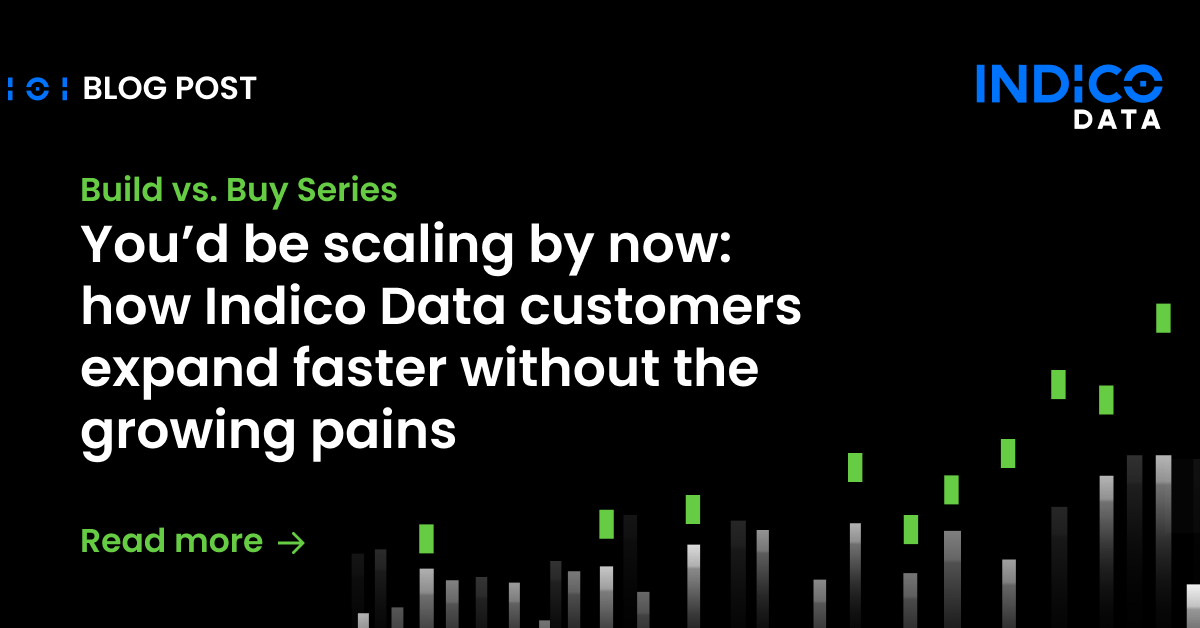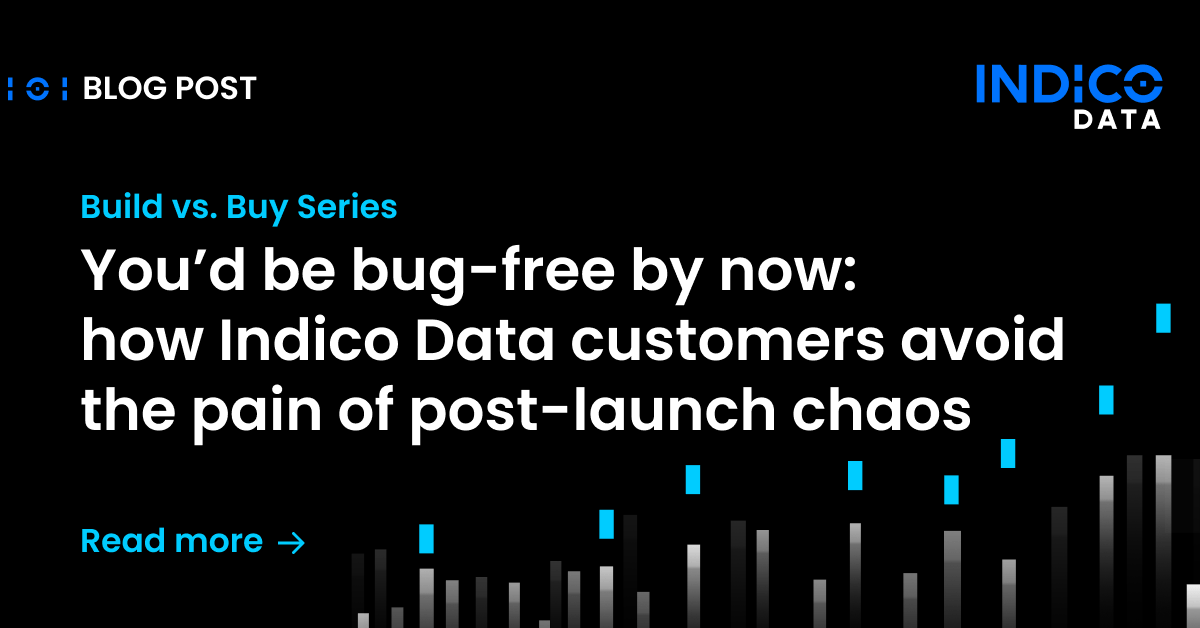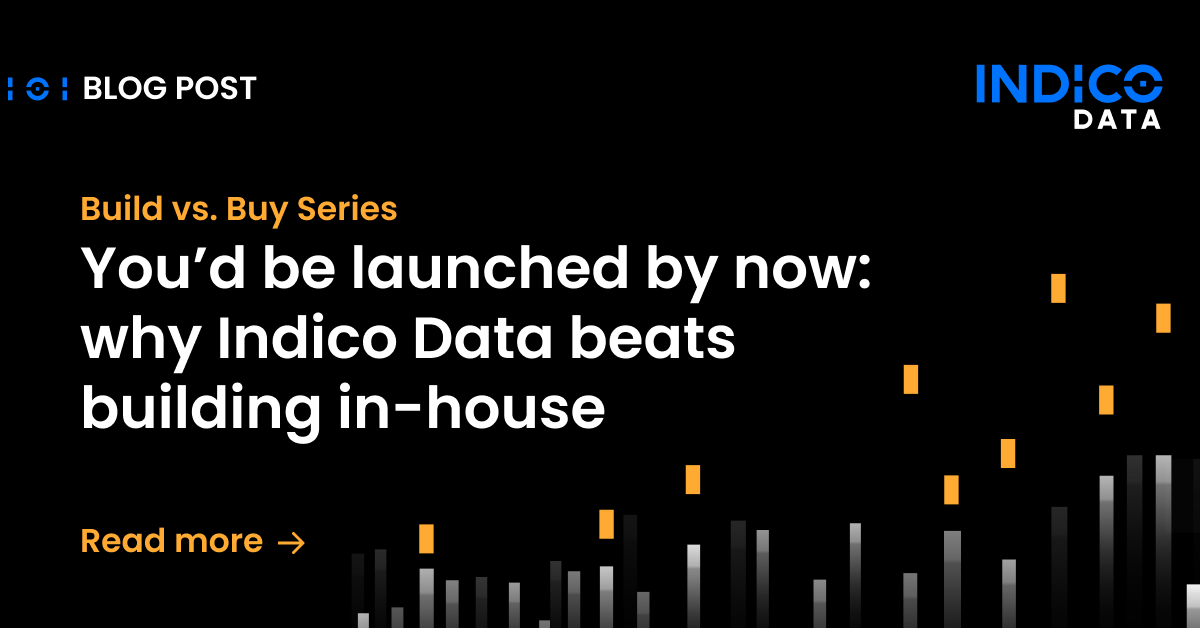In the ever-evolving world of insurance, underwriting plays a crucial role in assessing risk and setting policy prices. It’s an intricate process that has undergone significant transformation over the years. In a recent episode of our Unstructured Unlocked podcast, our hosts had the pleasure of looking at this fascinating journey with Michael Duncan, former Zurich Insurance Group executive and seasoned industry advisor. He offered invaluable insights into the past, present, and the promising future of underwriting, focusing on the profound impact of technology and the challenges associated with unstructured data.
Listen to the full podcast here: Unstructured Unlocked episode 31 with Michael Duncan, former Zurich Insurance Group executive
Past: A paper-driven era
As we stepped into the time machine of insurance history, Duncan painted a vivid picture of the 1980s. This was an era where underwriting was synonymous with mountains of paperwork. Submissions arrived in tangible paper format, often riddled with outdated information. Underwriters faced the arduous task of sifting through extensive annual reports and relied heavily on their personal relationships and judgment.
A significant turning point arrived in the 1990s. This was when underwriters were introduced to tools like Lotus 1-2-3 and Excel. These software programs ushered in a new era of efficiency, making data management smoother and more effective. The internet also made its debut, granting underwriters access to a wealth of information about public companies, though data on private companies remained scarce.
The pricing strategies of yesteryears were as straightforward as they come. Basic rules and calculations dictated the cost of insurance policies, devoid of complex models or algorithms. It was an era where data analysis took a backseat in determining prices.
Present: Embracing digital transformation
As the conversation shifted from the past to the present, Duncan emphasized the importance of streamlining workflows, automating processes, and harnessing clean, structured data for analytics. In today’s landscape, adopting digital solutions isn’t just beneficial; it’s a survival imperative. Real-time data access has had a profound impact, giving insurers a competitive edge in the fast-paced market. Digitalization is no longer a choice; it’s a necessity.
The past two decades have seen the introduction of pivotal databases like DB4, which revolutionized data management and accessibility. The adoption of email facilitated seamless communication and collaboration within the industry, ushering in newfound efficiency.
While the benefits of digitalization are undeniable, it’s not without challenges. One of the most significant hurdles is unstructured data. Insurers have amassed vast amounts of this unorganized data, yet tapping into its potential remains problematic without the right intelligent intake tools.
Related content: AI loves data and insurance has lots of it; the possibilities are endless
Future: A data-driven utopia
This episode didn’t just dwell on the past and the present; it offered a glimpse into the exciting future of underwriting. Duncan envisions a world where insurers will have access to a treasure trove of data. In this future, customers might not need to provide data for insurance quotes. Insurers will be equipped with advanced data modeling tools to generate customized quotes based on comprehensive data analysis. While the timeline for this transformation is uncertain, it promises a groundbreaking shift in underwriting.
The role of artificial intelligence, especially generative AI, in shaping future underwriting workflows is also key. Data quality and algorithms are expected to enhance the judgment of underwriters. While AI holds immense potential, it cannot replace human judgment, particularly in unique or complex cases where historical data may fall short.
Related content: 5 ways insurance process automation reduces errors and increases profits
Digital transformation continues
Michael Duncan offers us a roadmap for the insurance industry’s future. It’s a path marked by the balance between automation and human expertise. The industry is marching toward a data-driven, efficient, and precise future, where technology plays a pivotal role in reshaping the underwriting landscape. Despite the remarkable advancements, human judgment remains invaluable, particularly in scenarios where historical data doesn’t hold all the answers.
Find the full podcast here.
Check out the full Unstructured Unlocked podcast on your favorite platform, including:


